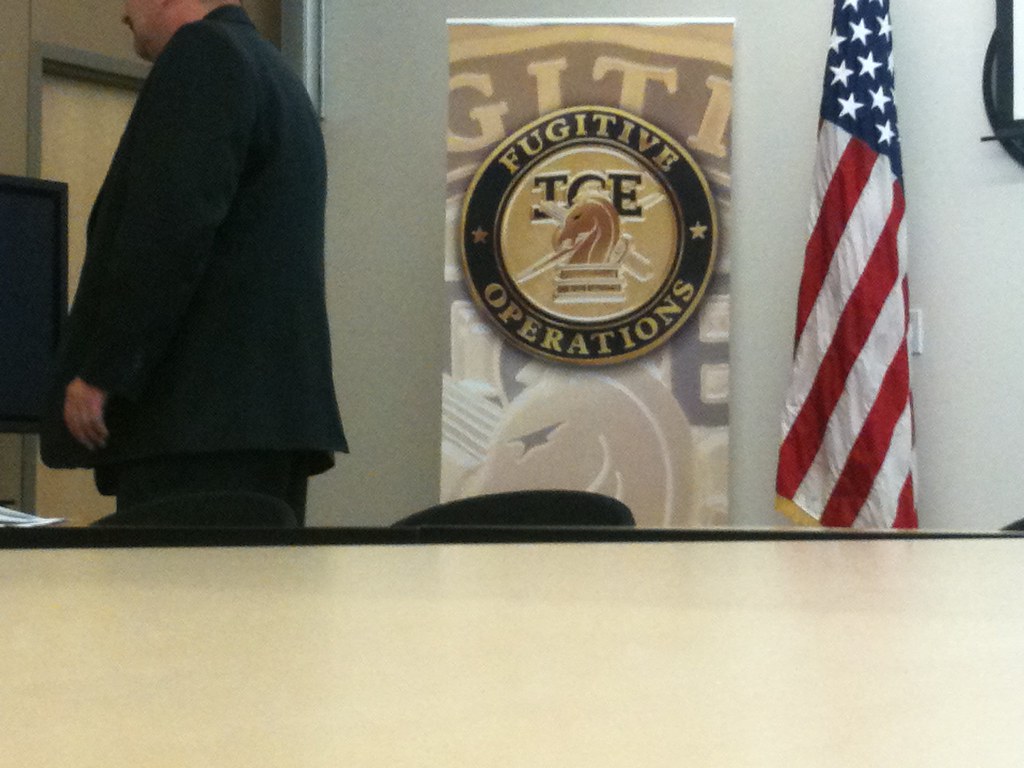Key takeaways:
- Kat Abughazaleh, a Democratic House candidate, faces federal charges for allegedly blocking law enforcement.
- Authorities claim she braced against an ICE vehicle and damaged it during a Chicago protest.
- The indictment mentions scratched graffiti on the car and several co-defendants named.
- Abughazaleh says this case aims to silence dissent under the First Amendment.
- The charges raise questions about protest rights and law enforcement tactics moving forward.
Kat Abughazaleh Charged After ICE Protest
Kat Abughazaleh announced her bid for Congress earlier this year. However, federal charges now threaten her campaign. The Justice Department accused her of impeding officers at a protest outside the Broadview ICE center. She denies wrongdoing and calls the case a political attack. Meanwhile, this story sparks debates on protest rights and free speech.
Her supporters argue this prosecution chills dissent. Conversely, authorities say they must enforce the law. As the legal battle unfolds, voters watch closely. Ultimately, the outcome could reshape how protests face legal scrutiny.
Details of Charges Against Kat Abughazaleh
Prosecutors allege that Kat Abughazaleh led a group surrounding an ICE agent’s vehicle on September 24. They claim she used her body to brace against the car, blocking the agent inside. In addition, the indictment states someone scratched the word “PIG” onto the vehicle’s hood.
Moreover, video shared by DHS shows officers confronting protesters outside the facility. In one clip, an officer appears to throw Abughazaleh to the ground. Yet, she insists she only exercised her right to protest. She posted video on social media saying she called on ICE to respect human rights.
In her own words, Abughazaleh argued this is a “political prosecution” aimed at intimidating activists. She stressed the importance of speaking up against government policies. She also noted that peaceful protest has a long history of driving change.
Other Defendants and ICE Response
Along with Kat Abughazaleh, authorities charged five other protesters. Michael Rabbitt, Andre Martin, Catherine Sharp, Brian Straw, and Joselyn Walsh face similar counts. The Justice Department says the group acted together to halt ICE operations. They allege these actions risk safety and block officers from doing their jobs.
Meanwhile, DHS posted a statement warning that anyone who impedes ICE helps “vicious cartels, human traffickers, and violent criminals.” The agency emphasized its commitment to enforcing immigration laws. They vowed to protect officers and their vehicles from obstruction.
In contrast, civil rights supporters argue that civil disobedience targets unjust policies. They point out that peaceful protests often pressure authorities to change. They worry that harsh charges could deter people from speaking out on key issues.
Public Reaction and Free Speech Debate
As news spread, reactions poured in on social media and talk shows. Some celebrated the arrests as a win for law and order. For instance, a known conservative figure praised ICE for “body slamming” protesters.
On the other hand, many activists and journalists decried the charges as an attack on free speech. They argue that jailing peaceful dissenters sets a dangerous precedent. Furthermore, they see this case as part of a broader effort to criminalize protest.
Several organizations issued statements defending Abughazaleh’s right to protest. They pointed out that democracy thrives when people can speak freely. They also noted that even strong protests can lead to better policies and accountability.
Legal experts weighed in too. Some said the obstruction charges seem severe if no one faced real harm. Others countered that any interference with law enforcement can carry heavy penalties. Thus, the court’s interpretation of the First Amendment will be key.
What This Means for Future Protests
This case could shape how protesters and law enforcement interact. If the court upholds these charges, it may encourage harsher responses to demonstrations. Officers might feel empowered to use force or file charges more quickly.
Conversely, a ruling in Abughazaleh’s favor could protect protest rights further. It may remind authorities that peaceful assembly and expression are essential to democracy. Furthermore, it could shield activists against long legal battles just for standing their ground.
In the political arena, this episode may affect Abughazaleh’s campaign. Voters may see her as either a daring advocate or a lawbreaker. Her team plans to use the publicity to rally supporters who value protest rights.
Looking ahead, both sides prepare for a long legal fight. The trial will test limits on protest tactics and government power. Ultimately, the outcome will matter not just for Abughazaleh but for anyone who stands up at a demonstration.
Frequently Asked Questions
Why was Kat Abughazaleh charged?
Prosecutors say she and others surrounded an ICE officer’s vehicle and blocked it. They also claim damage and graffiti occurred on the car.
What does Abughazaleh say about the charges?
She calls them a political prosecution. She argues the case aims to silence dissent and punish her for protesting.
Who else faces charges from the protest?
Michael Rabbitt, Andre Martin, Catherine Sharp, Brian Straw, and Joselyn Walsh also face federal obstruction charges.
Could this case affect protest rights?
Yes. The court’s decision may set a precedent on how far peaceful protesters can go without facing charges.
